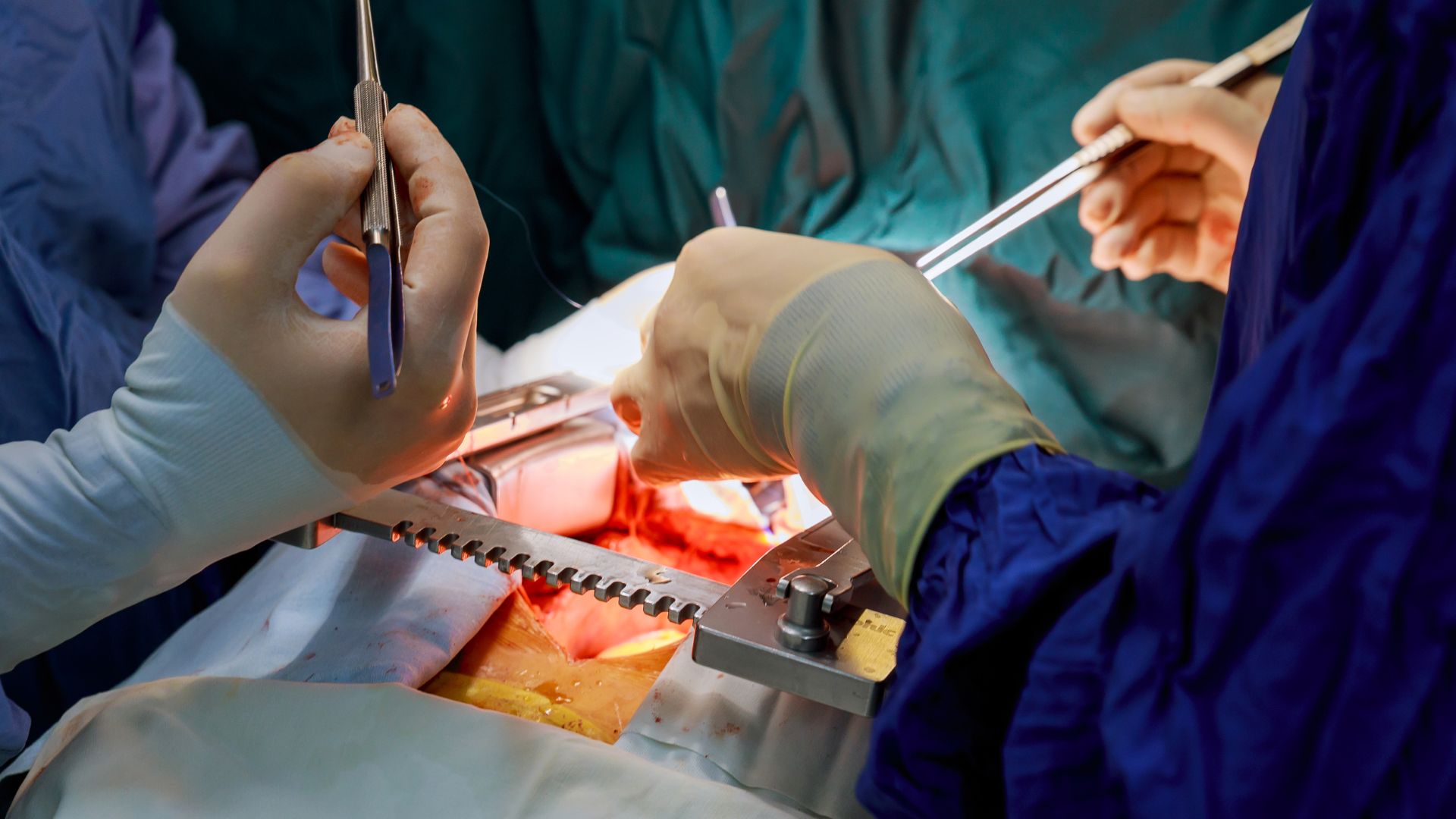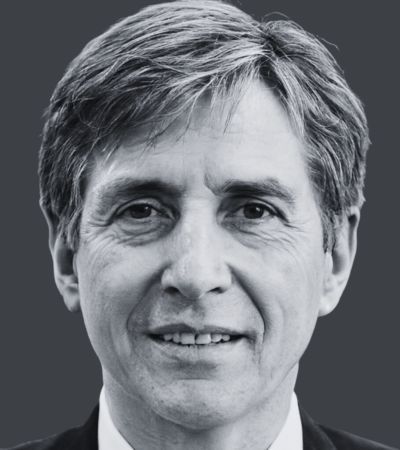As a doctor who has worked with many patients undergoing open heart surgery, I understand the anxiety that comes with such a major procedure. It’s completely normal to have concerns about the risks involved. Open heart surgery is a complex but life-saving operation that has helped millions of people with heart disease, blocked arteries, and valve disorders. Let’s take a closer look at the potential risks and how they can be managed.
Learn More: Master CoQ10 (Ubiquinone) – Achieve Cardiovascular & Immune Wellness
What Is Open Heart Surgery?
Open heart surgery is any procedure that involves opening the chest to operate on the heart. The most common type is coronary artery bypass grafting (CABG), which is performed to improve blood flow to the heart. Other common procedures include valve repair or replacement and congenital heart defect correction.
Understanding the Risks of Open Heart Surgery
While open heart surgery has a high success rate, it does come with risks. The extent of risk depends on factors like age, overall health, and the complexity of the procedure. Here are some of the key risks:
1. Infection
Since open heart surgery involves opening the chest, there is a risk of infection at the incision site, in the lungs, or even in the heart itself. The risk is higher in individuals with diabetes, obesity, or a weakened immune system. Preventative measures, such as proper wound care and antibiotics, help reduce this risk.
2. Blood Clots and Stroke
Blood clots can form during or after surgery, potentially leading to a stroke or other complications. To minimize this risk, doctors often prescribe blood thinners and encourage movement as soon as possible after surgery.
3. Bleeding
Excessive bleeding can occur during or after the procedure, sometimes requiring a blood transfusion. This is a particular concern for patients on blood-thinning medications.
4. Arrhythmias (Irregular Heartbeat)
Many patients experience arrhythmias after open-heart surgery, with atrial fibrillation (AFib) being the most common. These irregular heart rhythms are usually temporary and managed with medication.
5. Lung and Breathing Problems
Since the surgery can affect lung function, some patients experience difficulty breathing. Pulmonary complications, such as pneumonia, are more common in older adults or those with pre-existing lung conditions. Breathing exercises and physical therapy can help improve lung function post-surgery.
6. Kidney Problems
In some cases, the stress of surgery can temporarily impair kidney function, particularly in patients with pre-existing kidney disease. Hydration and careful monitoring help prevent this complication.
7. Cognitive Issues and Memory Loss
Some patients experience confusion or memory problems after surgery, sometimes referred to as “pump head.” This condition is usually temporary and improves over weeks to months.
How to Reduce the Risks of Open Heart Surgery
While the risks of open heart surgery sound daunting, there are ways to minimize complications:
- Follow Pre-Surgery Guidelines: Maintain a healthy diet, avoid smoking, and manage conditions like diabetes and high blood pressure.
- Choose an Experienced Surgical Team: The skill and experience of the medical team play a crucial role in outcomes.
- Engage in Post-Surgery Rehabilitation: Cardiac rehab programs help speed up recovery and reduce complications.
Learn More: Master CoQ10 (Ubiquinone) – Achieve Cardiovascular & Immune Wellness
Final Thoughts
Open heart surgery is a major procedure, but for many, it’s a life-saving one. While there are risks, advancements in medical technology and surgical techniques have made it safer than ever. If you or a loved one is facing open heart surgery, the best approach is to be informed, prepared, and in close communication with your healthcare team.
Have you or someone you know undergone open heart surgery? Feel free to share your experiences or ask any questions below!


